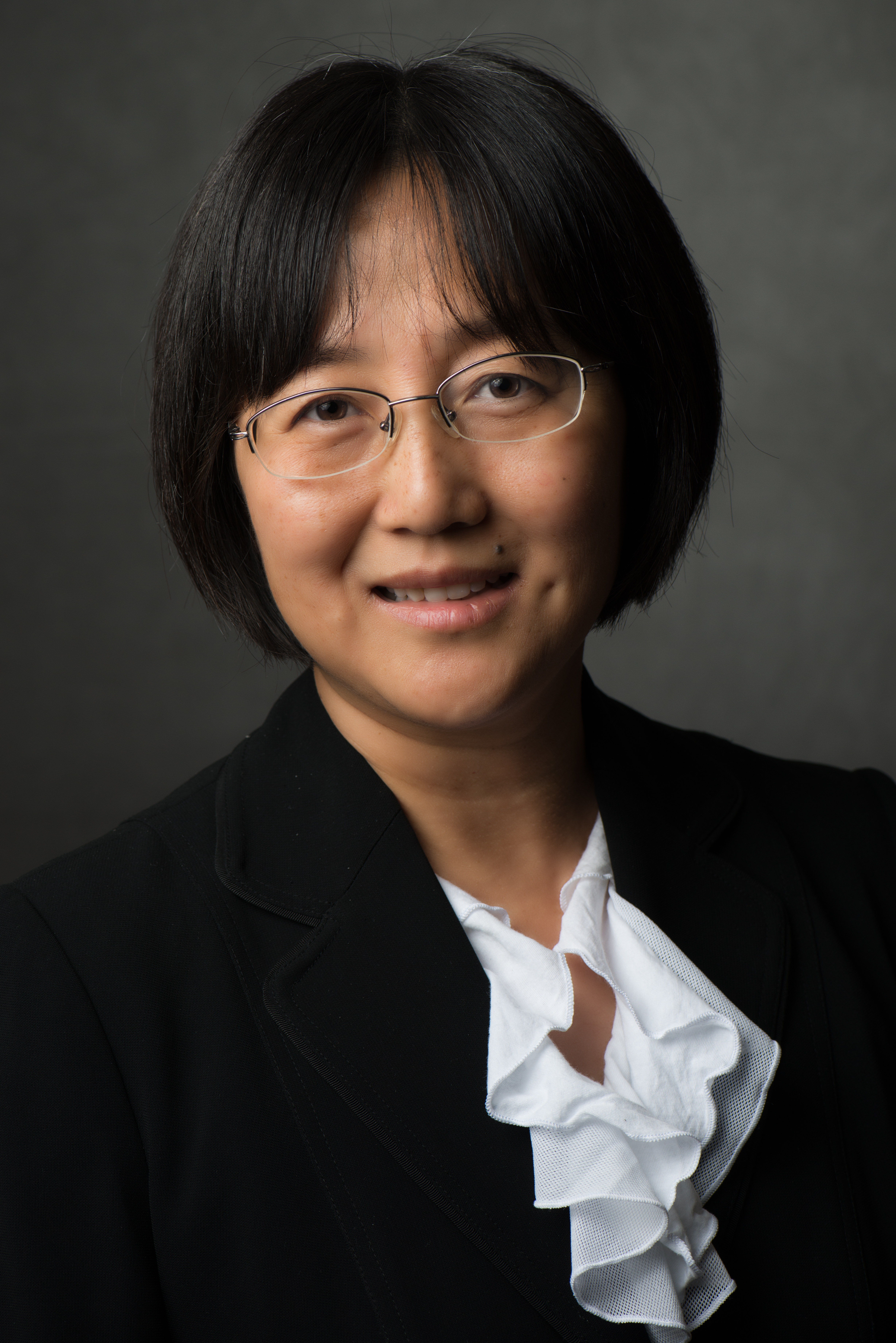|
What Are Filter Aids and How Can They Improve Your Filtration
Friday, July 21, 2023, 9:00 AM - 11:00 AM CDT
Category: Events

What Are Filter Aids and How Can They Improve Your Filtration

$245 AFS Members
$295 Non-members
Are you dealing with difficult-to-filter materials, such as colloids, fine, flocculated, or gel-like particles, or highly viscous fluids? These types of materials tend to cause problems such as low filtration rate, poor filtrate quality, wet filter cake, a quick increase of pressure drop, short filtration time in a filtration cycle, and difficult cake release. The problems are normally due to high filtration resistance either from filter media clogging, or the formation of highly resistant, or highly compactible filter cakes, which can be solved by using a filter aid. This course focuses on using filter aid to solve problems when filtering difficult-to-filter materials. Mechanisms, characteristics, and types of filter aid will be introduced, followed by filter aid selection, lab tests, plant trials, and case applications. Basic filtration principles such as cake filtration will be discussed so attendees can have a better understanding of the use of filter aids.
Learning Objectives
- Understanding Filter Aid Technology and Terminology
- Review of Key Types of Filter Aids
- Grades, Properties, and Applications of Filter Aids
Course Outline:
- Difficult to Filter Materials
- Review of Filtration Principles
- How do Filter Aids Work?
- Types of Filter Aids
- How to Use Filter Aids
- Filter Aids Selection
- Laboratory Tests and Plant Trial
- Industrial Applications
- Summary
Who Should Attend:
- Anyone with filtration challenges
- Water treatment professionals
- Design and Operations Engineers involved in filtration
- Technical Sales
- Consultants and Integrators
- Filter System Owners
 Dr. Wenping Li is the R & D Director of Agrilectric Research Company and is in charge of product development and application, product quality, and filtration lab management. She has 20 years of practical industrial filtration experience. Before joining Agrilectric, she worked with Prof. Frank M. Tiller, the father of modern filtration theory at the University of Houston from which she built in depth understanding of fundamentals in filtration. She has 2 patents, and over 40 publications, including contributions to filtration sections by Perry's Chemical Engineers' Handbook and Albright Chemical Engineering Handbook Dr. Wenping Li is the R & D Director of Agrilectric Research Company and is in charge of product development and application, product quality, and filtration lab management. She has 20 years of practical industrial filtration experience. Before joining Agrilectric, she worked with Prof. Frank M. Tiller, the father of modern filtration theory at the University of Houston from which she built in depth understanding of fundamentals in filtration. She has 2 patents, and over 40 publications, including contributions to filtration sections by Perry's Chemical Engineers' Handbook and Albright Chemical Engineering Handbook
|